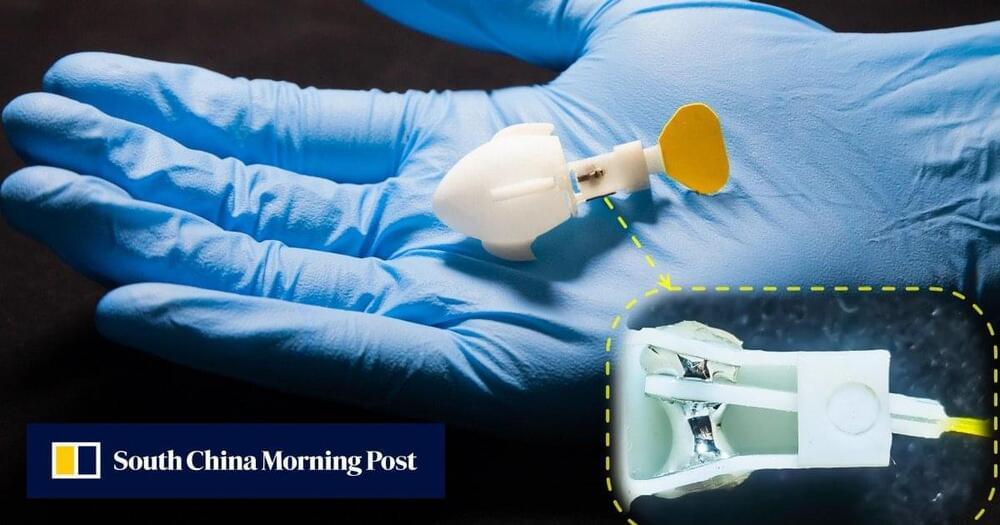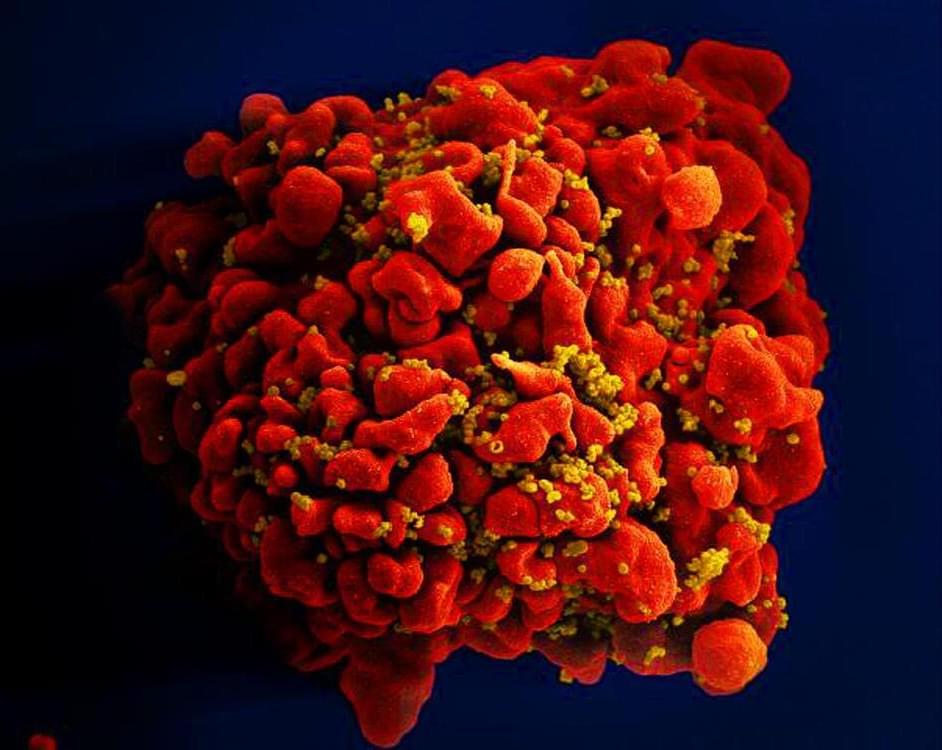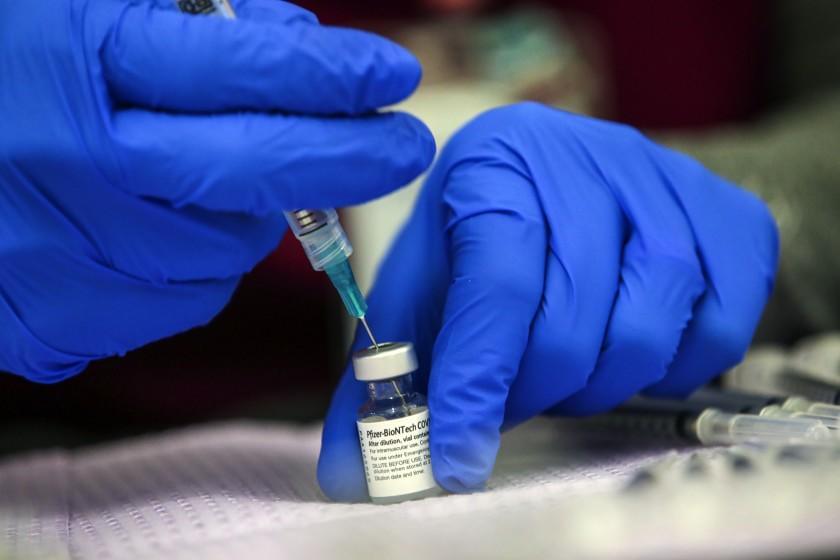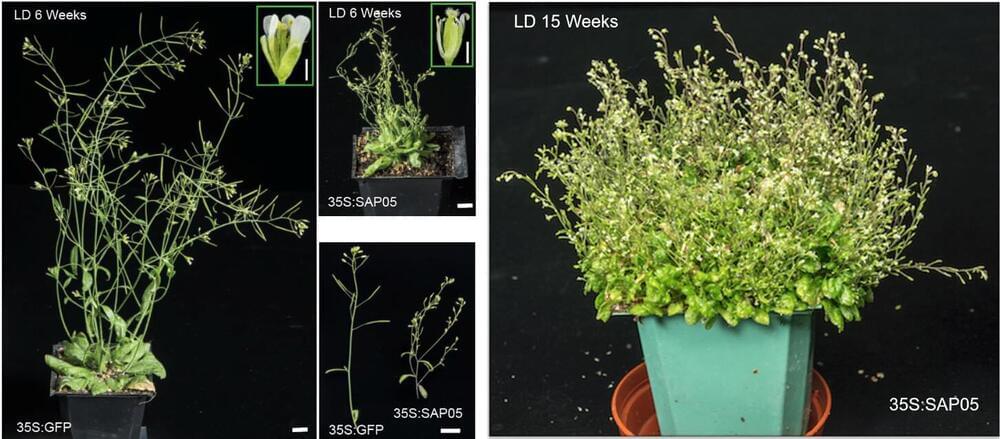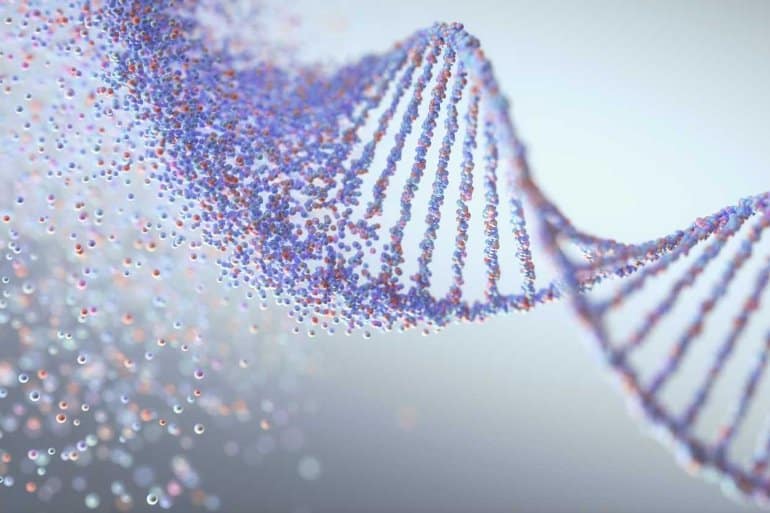“You may hit the tipping point when you’re 50; it may happen when you’re 80; it may never happen,” Schindler said. “But once you pass the tipping point, you’re going to accumulate high levels of amyloid that are likely to cause dementia. If we know how much amyloid someone has right now, we can calculate how long ago they hit the tipping point and estimate how much longer it will be until they are likely to develop symptoms.”
Summary: A new algorithm uses neuroimaging data of amyloid levels in the brain and takes into account a person’s age to determine when a person with genetic Alzheimer’s risk factors, and with no signs of cognitive decline, will develop the disease.
Source; WUSTL
Researchers at Washington University School of Medicine in St. Louis have developed an approach to estimating when a person who is likely to develop Alzheimer’s disease, but has no cognitive symptoms, will start showing signs of Alzheimer’s dementia.
The algorithm, available online in the journal Neurology, uses data from a kind of brain scan known as amyloid positron emission tomography (PET) to gauge brain levels of the key Alzheimer’s protein amyloid beta.
